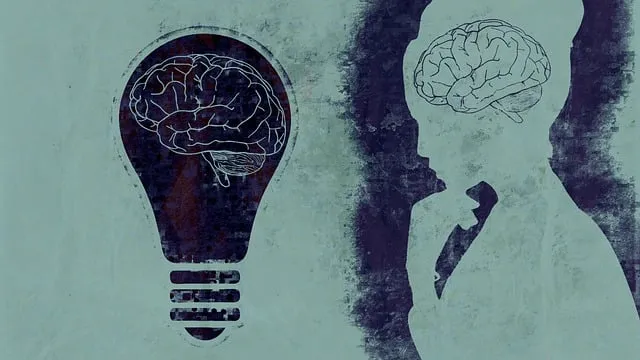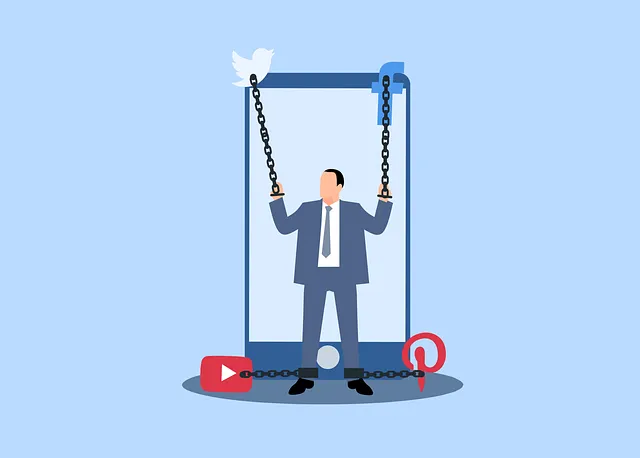Highlands Ranch Kaiser Permanente prioritizes cultural competency in healthcare, addressing unconscious biases through training and initiatives like Social Skills Training. They ensure effective communication with diverse patients through active listening, clear language, and understanding emotional healing processes. Integrating mental health services, including phone counseling and educational podcasts, promotes equal access to care. Their tailored approach respects patient backgrounds, enhancing trust and improving treatment accuracy, as seen in their successful mental health programs. For support, individuals can reach out to the Highlands Ranch Kaiser Permanente mental health phone number.
In today’s diverse healthcare landscape, cultural competency training is essential for modern medical practices. This comprehensive guide explores the significance of understanding and addressing cultural nuances within healthcare delivery. We delve into the impact of bias and stereotypes on patient care, offering strategies to enhance communication with diverse populations.
Additionally, we highlight the integration of mental health services, emphasizing accessibility as a key component. Through real-world case studies, we present best practices in cultural competent care, including insights from Highlands Ranch Kaiser Permanente’s approach to mental health support, accessible via their dedicated phone line.
- Understanding Cultural Competency in Healthcare: A Necessity for Modern Practice
- The Impact of Bias and Stereotypes on Patient Care
- Effective Communication Strategies for Diverse Populations
- Integrating Mental Health Services: A Focus on Accessibility
- Case Studies: Best Practices in Cultural Competent Care Delivery
Understanding Cultural Competency in Healthcare: A Necessity for Modern Practice

In today’s diverse healthcare landscape, cultural competency is no longer an optional skill for providers; it’s a necessity. This concept involves understanding and respecting patients’ unique cultural backgrounds, beliefs, and values, especially when addressing their mental health concerns. At Highlands Ranch Kaiser Permanente, recognizing this need has led to comprehensive training programs aimed at enhancing care through cultural sensitivity. By integrating empathy-building strategies, healthcare professionals can create an environment that encourages open communication, fostering better patient-provider relationships. This, in turn, facilitates more accurate diagnoses and effective treatment plans, particularly for sensitive issues like self-esteem improvement and mood management.
The importance of cultural competency cannot be overstated, especially when considering the growing number of individuals seeking mental health services from diverse ethnic and cultural backgrounds. Training programs equip providers with tools to navigate complex situations, ensuring every patient receives care tailored to their individual needs. This approach not only respects patients’ rights but also empowers them to share their unique perspectives, leading to better outcomes and stronger communities.
The Impact of Bias and Stereotypes on Patient Care

Unconscious biases and stereotypes can significantly impact patient care, especially within healthcare organizations like Highlands Ranch Kaiser Permanente. These biases may stem from a variety of sources, including personal experiences, societal norms, or media portrayals, and can lead to misinformed decisions and inadequate treatment plans. For instance, a mental health professional’s preconceived notions about individuals seeking therapy for anxiety disorders could result in biased assessments, potentially overlooking underlying trauma or other contributing factors.
This issue is particularly critical in the realm of mental health care. A Mental Health Policy Analysis and Advocacy study highlighted how stereotypes can contribute to misdiagnoses and inappropriate treatment recommendations. For example, the research suggested that cultural stereotypes about gender roles and emotional expression may cause healthcare providers to dismiss valid symptoms presented by patients from underrepresented backgrounds. Furthermore, these biases can create barriers to access for vulnerable populations, affecting their Self-Care Routine Development for Better Mental Health and overall well-being. Social Skills Training initiatives aimed at addressing these biases are essential steps towards providing culturally competent care, ensuring all patients receive respectful, sensitive, and effective treatment.
Effective Communication Strategies for Diverse Populations

Effective communication is a cornerstone of high-quality healthcare, especially when serving diverse populations. Healthcare providers must adapt their strategies to ensure every patient feels heard and understood. This involves learning to navigate cultural differences, language barriers, and individual preferences for communication. For instance, in Highlands Ranch, Kaiser Permanente offers mental health services that prioritize culturally competent care, ensuring patients from various backgrounds receive tailored support.
When engaging with diverse communities, providers should employ active listening, clear and simple language, and non-verbal cues to enhance understanding. Understanding a patient’s emotional healing processes and incorporating stress reduction methods into treatment plans can foster trust and improve outcomes. By recognizing the unique needs of each individual, healthcare professionals can create an inclusive environment that promotes open dialogue, encouraging patients to seek help for both physical and mental health concerns, including those requiring advanced stress management techniques.
Integrating Mental Health Services: A Focus on Accessibility

Integrating mental health services is a crucial step towards creating a comprehensive healthcare system that addresses the holistic well-being of individuals. In today’s diverse communities, ensuring accessibility to mental wellness resources is paramount, especially in areas like Highlands Ranch where various cultural backgrounds coexist. For instance, consider the impact of providing phone-based counseling through organizations such as Kaiser Permanente, offering a dedicated mental health hotline (e.g., Highlands Ranch Kaiser Permanente mental health phone number) that caters to the unique needs of different cultures and language speakers.
This approach facilitates equal access to care, allowing individuals to seek support for their mental wellness in a manner that aligns with their comfort level and cultural preferences. Furthermore, the Mental Wellness Podcast Series Production can play a significant role in enhancing awareness and education about various mental health topics. By incorporating initiatives like Confidence Boosting and Self-Care Routine Development for Better Mental Health, healthcare providers can empower individuals to take proactive steps towards managing and improving their mental well-being.
Case Studies: Best Practices in Cultural Competent Care Delivery

In recent years, healthcare providers have increasingly recognized the importance of cultural competency training to deliver effective care to a diverse patient population. Case studies from leading institutions, such as Highlands Ranch Kaiser Permanente, highlight successful implementation of best practices in cultural competent care delivery. For instance, their mental health phone services have been praised for integrating communication strategies that respect and understand various cultural backgrounds, ensuring patients feel heard and valued. This approach not only improves patient satisfaction but also enhances the accuracy of diagnoses and treatment plans.
These case studies further demonstrate the impact of incorporating trauma support services tailored to address the unique needs of patients from different cultural and ethnic groups. By fostering an environment where patients can openly discuss their experiences, healthcare providers can better manage moods and provide holistic care. The integration of these services has been shown to reduce barriers to treatment, improve patient outcomes, and create a more inclusive healthcare setting, mirroring best practices that other institutions can learn from and adopt.
Cultural competency training is an indispensable tool for healthcare providers, enabling them to deliver high-quality care to a diverse range of patients. By understanding and addressing biases and stereotypes, adopting effective communication strategies, and integrating mental health services, healthcare professionals can create inclusive environments that improve patient outcomes. As organizations like Highlands Ranch Kaiser Permanente continue to prioritize cultural competency, their commitment to accessible mental health services via phone consultations further underscores the importance of these efforts in modern healthcare practice.






